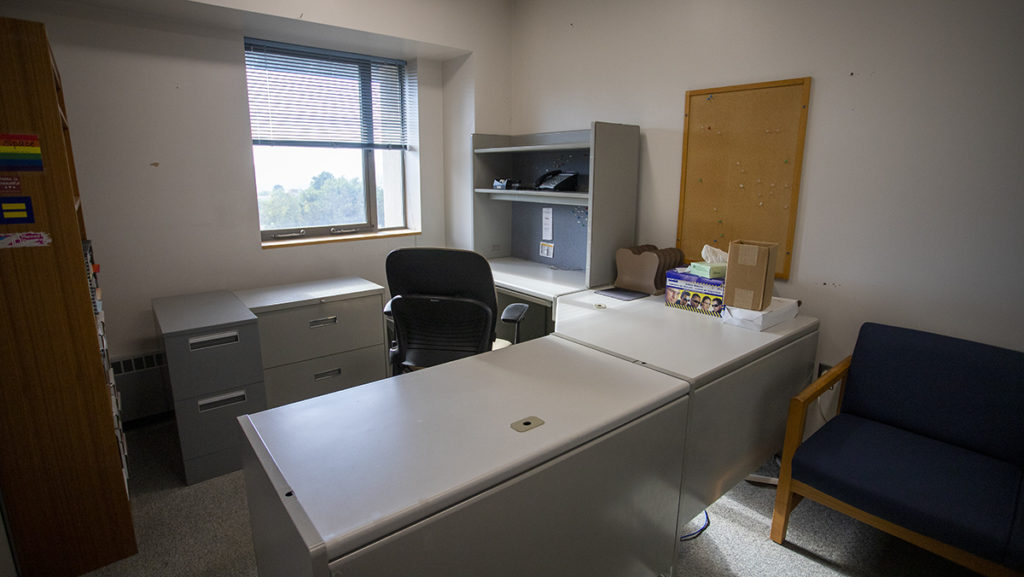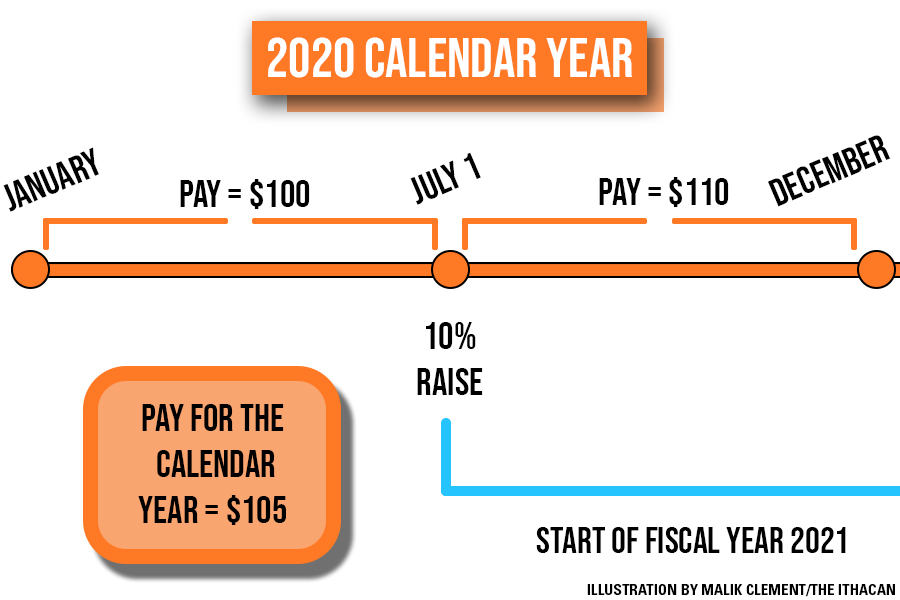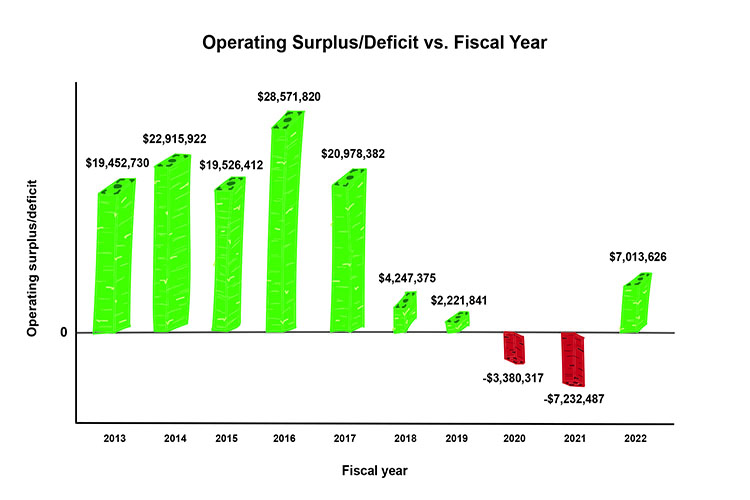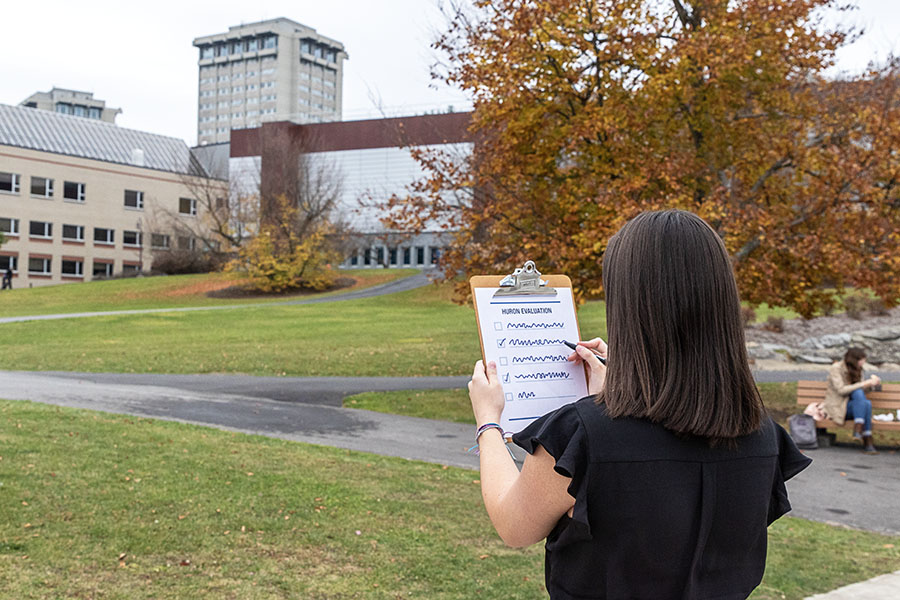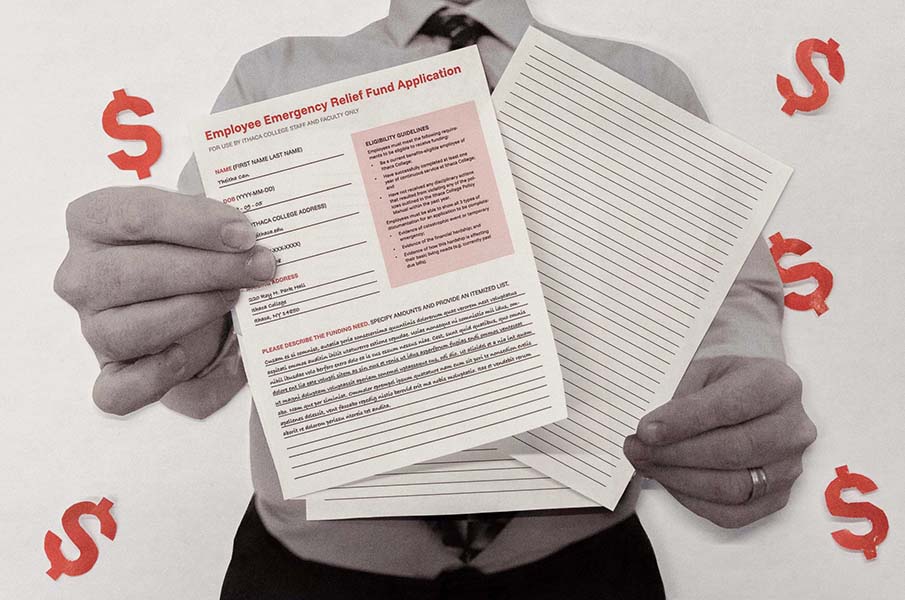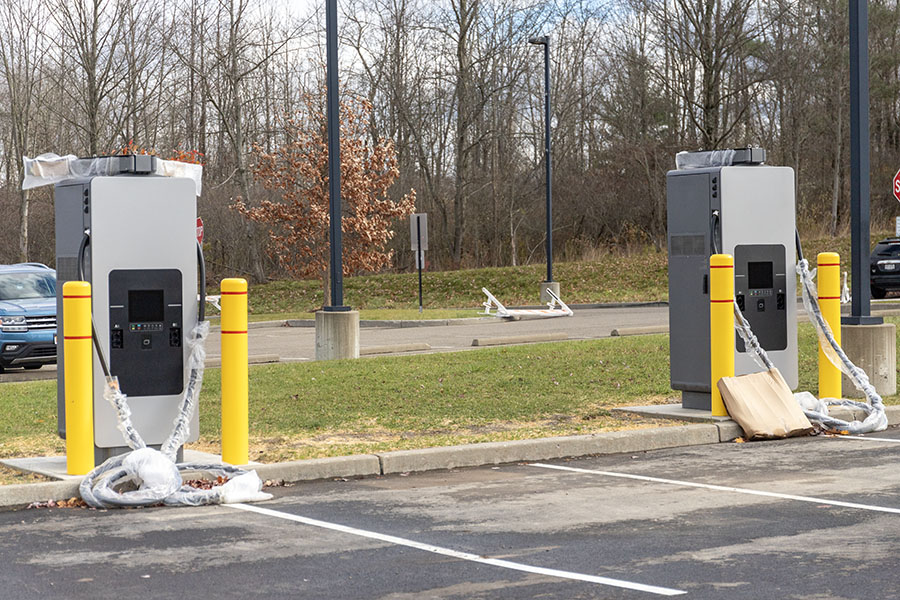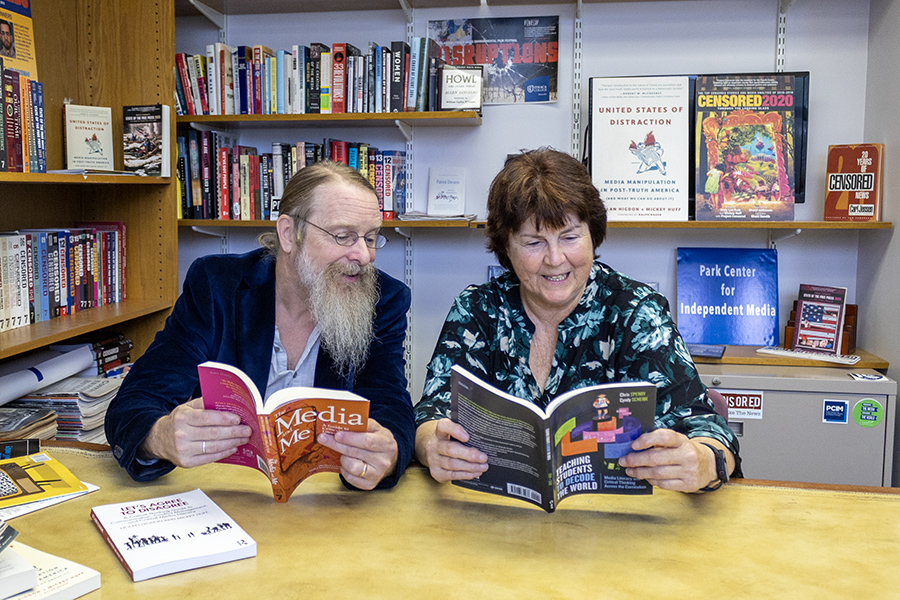As Ithaca College advertises for open positions in faculty, staff and administration and experiences high turnover rates, it is important to examine how the vacancies impact the college community, from students to senior leadership.
Kirra Franzese, associate vice president and chief human resources officer in the Division of Human Resources, said via email that the number of vacancies at the college varies day-to-day because people come and go throughout the year.
Each fiscal year, the college forms an operating budget, taking into account operating revenue and operating expenses. One of the considerations for expenses is paying for the college’s employee salaries.
For the 2024 fiscal year — July 1, 2023, to June 30, 2024 — the college has budgeted $6 million for position vacancies across the college, including faculty, staff and administration, according to Tim Downs, chief financial officer and vice president in the Division of Finance and Administration, at the Sept. 21 Dollars and Sense presentation.
“We’ve already accounted for $6 million of [vacancies],” Downs said during his presentation. “So we’ve reduced … the salary benefits for our budget for everybody, and then we counted in a vacancy factor.”
Downs said $4 million of the total is how much the college is saving by not paying those salaries, and $2 million is how much the college is saving by not paying the benefits associated with those salaries.
Marc Israel, associate vice president in the Division of Finance and Administration, said that in order to calculate the 2024 budget, the college looked at past years’ expenses to calculate how much to expect to pay for employee salaries.
Israel said that in the past, the college has calculated its budget assuming all positions will be filled. For the current fiscal year, calculations were made looking back three to four years before COVID-19 affected how many people were working in person.
“We just look over time and there’s a factor of percentage and it changes each year,” Israel said. “The students are factored in there too. So we really do it from a global perspective. … And that’s gotten us pretty close, with last year being tricky worldwide, where it was a struggle to sell dining positions and some facilities positions.”
Franzese said via email that the most common vacancies are in dining and facilities. Israel said the college has recently seen improvement in hiring more dining services positions.
Michelle Hammond, senior director of human resources operations, said the college managed to fill many dining positions because of part-time casual dining hires who do not have full-time contracts and are hired on a rolling basis. She said the college also increased recruitment efforts through job fairs.
“These part-time casual [dining positions] … can be a great sort of introduction to folks working, and if they are doing well and want to continue in an ongoing capacity,” Hammond said. “So, as we have those openings, we’re able to hire people into those openings.”
Franzese said via email that the college has a comprehensive advertising plan for promoting open positions. She said the college posts on the Chronicle of Higher Education, Inside Higher Ed, Higheredjobs.com and Upstate New York Higher Education Recruitment Consortium.
“Additional strategies include [making] personal contacts, reaching out to graduate programs in the field of study [and] seeking recommendations of candidates from groups that are underrepresented in the department,” Franzese said via email.
Impact of vacancies on an institution
Manya Whitaker, executive vice president and chief of staff at Colorado College, writes regular columns for The Chronicle of Higher Education about career-related trends in higher education. In an April 5 column, Whitaker wrote about the high turnover rates in higher education and the mounting vacancies.
“Some vacancies are because, when campuses reopened after Covid lockdowns, some employees didn’t want to return to in-person work,” Whitaker wrote in the column. “Some openings are because people resigned to accept higher-paying jobs with more flexible schedules. Other vacancies are intentional as institutions reorganize to meet new fiscal challenges.”
Hammond said Ithaca College is generally flexible with accommodating remote and hybrid models for its employees so it likely is not a factor for decreased interest. She said the workforce in the U.S. in general is struggling to fill positions and that higher education specifically does not have very competitive salaries.
“Not every position lends itself to being completely remote,” Hammond said. “I think that [remote work] is a lot of what individuals in the workforce are looking for, and I’m not saying that’s true of the administrative positions … but I do think that we promote [remote work] as much as we can and we work with individuals on those flexible work arrangements as much as we can.”
In an interview with The Ithacan, Whitaker said the impact of vacancies, especially in administrative roles, can cause distrust among college employees and misalignment with overall strategic goals.
“Even when the positions aren’t vacant for a long time, if there’s lots of turnover [and] a new VP, a new president comes in and they steer the vision of the institution in a slightly different direction,” Whitaker said. “So it can actually create a lot of mistrust, and just a lot of inefficiencies.”
Whitaker said that when there are vacant positions in the president’s cabinet, like vice president positions or equivalents, the college’s leadership may have trouble implementing the vision and goals of the college.
“[Vacancies] can be really hard on the people who work within that division, but it’s equally as hard on the president and on the rest of the cabinet members because you’re missing a teammate,” Whitaker said. “When you’re having college-wide strategic conversations, if you don’t have somebody there representing that position, it’s hard.”
Hammond said the college tries to fill vice president and other leadership roles with an interim as quickly as possible to avoid stress on continuing employees. She said the college looks for staff within the division who are qualified to step up in the interim role, but sometimes the college will look externally.
All of the open positions at the college that are being hired for are available to view on ithaca.edu/jobs. Hammond said the college also utilizes a search firm, which is an external consulting company that helps recruit for leadership and administrative positions.
Whitaker said that when a college has vacancies, it can be an opportunity to evaluate positions for their requirements, expectations and necessity. She said that when new employees join a division or department, the roles they assume can adapt to the strengths of the individuals.
“[Search firms] talk about desired qualifications and characteristics for this [position] and so when we think about changing job expectations, when someone leaves, it’s actually an opportunity to reset the entire cabinet team,” Whitaker said.
Hammond said Ithaca College recently adjusted a position within the Office of Human Resources after Hayley Harris, former vice president for human resources and planning, stepped down in Fall 2022. The new title, currently held by Franzese, is associate vice president and chief human resources officer in the Division of Human Resources.
“In some instances, having a vacancy may be an opportunity to look at the structure as a whole and so maybe in that case, we’re going to look at having it structured slightly differently [and] the position may change,” Hammond said.
Franzese said via email that all staff and administrator vacancies are reviewed and approved by the President’s Cabinet. Vice presidents would present their requests for positions to be filled and the council would consider the college’s strategic goals and priorities before their approval to hire those positions.
Franzese said via email that the process for hiring faculty looks different in the short term compared to the long term. When a full-time faculty member leaves their position — for retirement or any other reason — the teaching needs are filled by contingent faculty who are hired temporarily or by continuing faculty in the short term. In the long term, the annual position allocation process, led by the Teaching Resources Allocation Committee, looks for continuing faculty to fill the faculty positions permanently.
“Not all positions will be replaced if it is determined that we already have the coverage we need before filling that need,” Franzese said. “Both staff and faculty vacancies are reviewed each year when forecasting our salary budget for the upcoming fiscal year.”


